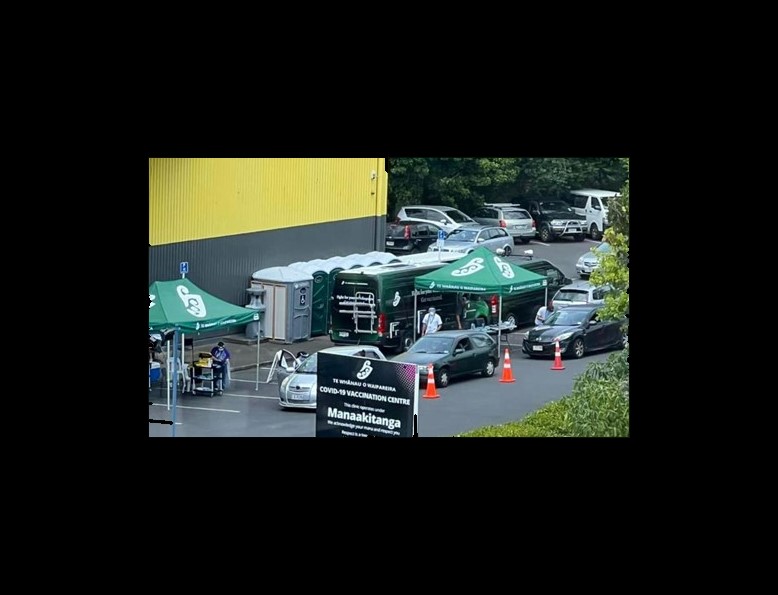This research seeks to address the critical data needs for an Indigenous-led framework that enhances infectious disease preparedness and response in Aotearoa, New Zealand, particularly for Māori communities. By integrating biomedical and public health principles with mātauranga Māori (Māori knowledge), we aim to create a multifaceted approach that reflects the unique health, social, economic, and cultural needs of whānau. Our study emphasises the importance of aligning data collection and usage with community priorities, ensuring surveillance systems are responsive to the specific contexts of Māori communities. We adopt the Whānau Ora approach to develop a holistic framework that recognises not only medical factors but also the social determinants of health that influence infectious disease management.
The project will intersect with a wider surveillance system review that is being undertaken by researchers within the Department of Public Health at the University of Otago, Wellington, led by Professor Michael Baker. This collaboration will contribute to the development of a culturally-appropriate shared vocabulary and concepts for describing disease surveillance and the processes involved.
A kaupapa Māori methodology will underpin this research, emphasising the importance of community engagement throughout the study. Researchers will work collaboratively with whānau and other relevant stakeholders to develop an approach that addresses holistic health needs. The methodology will also incorporate data sovereignty principles, ensuring that stakeholder perspectives are central to the collection, analysis, and application of surveillance data.




